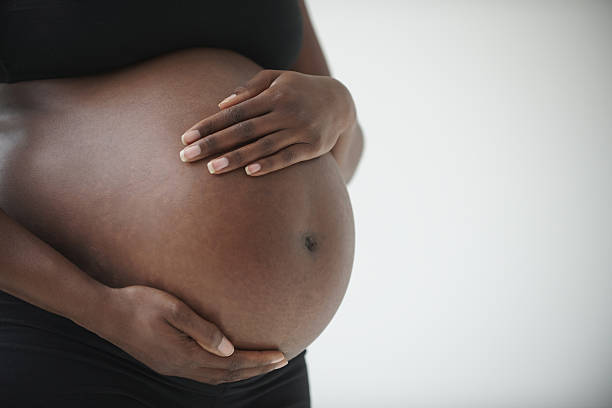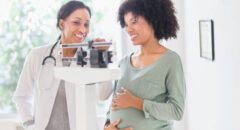
Two placenta-related markers could reveal older women's risk of serious pregnancy problems such as stillbirth and premature or very small babies, British researchers say.
They analyzed blood samples and medical data from 527 pregnant U.K. women, including 158 in their 20s; 212 in their 30s; and 157 in their 40s.
The study found that levels of placental growth factor and antioxidant capacity could help predict pregnancy risks in women 35 and older. Having a baby later in life has long been associated with increased risk.
"We already know the changes in oxidative stress and inflammation we saw in this study are associated with many pregnancy complications -- but for the first time here, we found they were also present in older mothers, which could be damaging the placenta and might explain why older mothers face these higher risks," lead author Alex Heazell, a professor of obstetrics at the University of Manchester shares.
Pregnancy After 35: 11 Tips For A Healthy Childbirth
What is placental growth?
Placental growth factor is a protein produced in the placenta when it's working well. Antioxidant capacity can show if cells in the placenta are inflamed or deteriorating.
Placental growth factor was 74% accurate in predicting serious pregnancy problems and
antioxidant capacity was 69% accurate, according to findings recently published in the journal BMC Pregnancy and Childbirth.
Other factors that contribute to pregnancy risks include:
1. First pregnancy
The researchers also showed that the rate of serious problems in mothers who had previous successful pregnancies was half that of women who were pregnant for the first time.
RELATED: How Does Iron Deficiency Affect Your Pregnancy?
2. Smoking
In addition, researchers found that women over 35 who smoked had four times the risk of serious pregnancy problems compared to nonsmokers. Ex-smokers had double the risk.
Heazell says considering the placental biomarkers along with demographic information and variables known to affect risk offer a better way of predicting an older woman's odds of an adverse pregnancy outcome.
"However, larger studies are required to see if these markers can be developed into an individual predictive model," he says.
Despite the risks, most women over 35 can have a successful and healthy pregnancy and birth with few complications. If you have concerns about your risk factors, discuss them with your doctor. They may be able to help you come up with solutions to ensure you have a safe pregnancy.









